"What happens to anyone who speaks negatively about our country? He will be chopped up." This statement was made by former Egyptian Minister of Immigration Nabila Makram, as she gestured at her neck with her hand to mime the slitting of a throat, during a meeting with members of the Egyptian community in Canada, during a session organized by the Egyptian embassy in 2019.
This remark, which came a few months after the assassination of the late Saudi journalist Jamal Khashoggi, referred to the relationship between the Egyptian authorities and their citizens both inside and outside the country. While these authorities haven't resorted to assassinating their opponents and dissidents, as in the case of Khashoggi, they have found other ways to make life difficult for them in exile or in "voluntary exile," depriving them of their basic rights, including the issuance of identity documents.
Hundreds of Egyptians and their families are living abroad without identification documents. They're accusing Egyptian embassies and consulates of intransigence, refusal, and using delaying tactics, making them vulnerable to deportation from those countries
Other forms of abuse and violations
According to official data from the Ministry of Immigration, around 14 million Egyptians live around the world and still hold the Egyptian nationality exclusively, or alongside other nationalities, and are in constant need of communicating with the official institutions that represent Egypt in each country, such as embassies and consulates, to obtain identification documents such as passports, birth certificates, marriage contracts, legal authorizations, and other official documents that they need to regularize their residency status in the countries they live in. However, the Egyptian authorities, represented by the Ministry of Foreign Affairs, have followed a selective approach in granting their citizens these rights since 2014, which witnessed the departure of large numbers of Egyptian dissidents affiliated with Islamist or civil opposition movements, as well as many independent journalists and researchers in what has been dubbed the "Egyptian Diaspora," as a result of the rising wave of persecution of dissidents, journalists, and human rights activists inside the country.
The personal accounts of applicants seeking to obtain official papers on social media platforms, and stating the reasons for their departure from Egypt, are among the data required to obtain official documents through the Egyptian consulate in Turkey
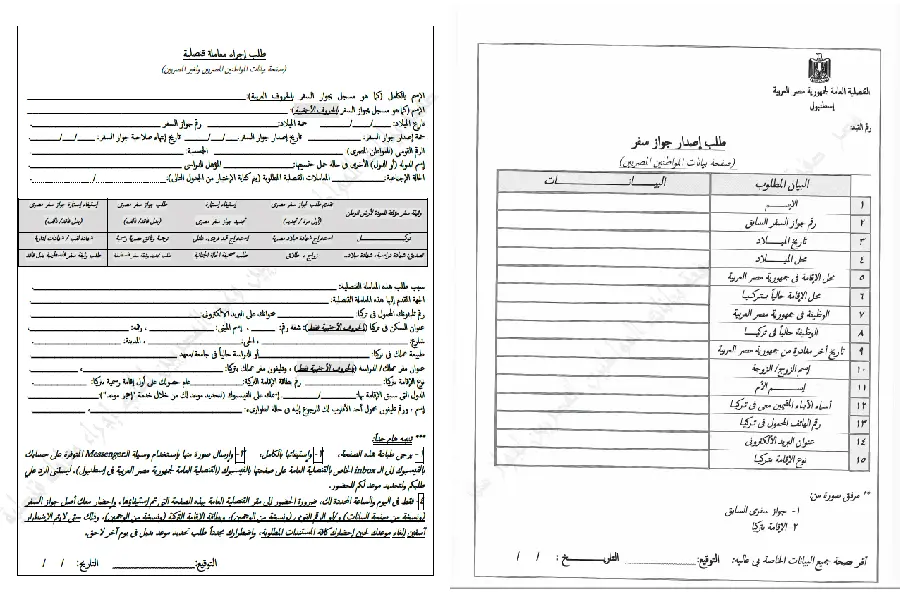
The data form that Egyptians residing in Turkey are required to fill out by the Egyptian consulate — Human Rights Watch
Social media accounts before documents
Hundreds of Egyptians and their families are living abroad without identification documents. They're accusing Egyptian embassies and consulates of intransigence, refusal, and using delaying tactics, making them vulnerable to deportation from those countries
Raseef22 met with some individuals who were refused official identity papers by Egyptian diplomatic representations in Turkey, to find that some of them are not even a part of the opposition and did not express any opposing political views or tendencies towards the current Egyptian administration, and were not on any terrorism lists. They face this treatment just because they had moved to live, work or study in Turkey after 2013, during the period when the Egyptian authorities considered Turkey a "unfriendly" state, before the two countries began communicating at the official level in the recent period.
Some of those who agreed to speak asked that their real names not be disclosed, for fear that their families would be persecuted in Egypt or that the Egyptian consulate in Turkey would continue to be intransigent with them.
"Nothing in Egyptian or international law can deprive any citizen inside or outside Egypt of the right to obtain identity papers, as they're the only thing that proves their nationality and enables them to regulate their status abroad" – Lawyer Mahmoud Gaber
Omar Ahmed (pseudonym) has been a resident in Turkey since 2018 and works as an employee at a real estate marketing company. The Egyptian consulate refused his request to obtain an official birth certificate for his newborn child, who is now four years old. He says, "The situation now is that even though both his parents are Egyptians, my son does not have anything that proves his Egyptian identity. After the birth of my son Abdullah, I went to the Egyptian consulate in Istanbul to request a birth certificate so that I could obtain a passport for him. At first, they asked me to fill out a form that contains personal information about me and his mother, and this information had nothing to do with the matter at hand. They asked things like the reasons for leaving Egypt and what our accounts are on social media platforms. When I asked them about the reasons for requesting all this information, they said that it was important information in order to obtain security approval from Egypt to start the procedures for obtaining a birth certificate for my son."
The father waited for nearly two months and did not receive a response from the consulate in Istanbul. Every time he called, the answer was: "The security approval has not yet arrived." He says, "It went on like this for another two months until they stopped answering my calls altogether. This forced me to go to the consulate's headquarters, and after many questions about the date that I submitted the application, my reason for my presence in Turkey and when was the last visit to Egypt – which are among the questions I answered in the form when applying – and after three hours of waiting, the response that came from one of the consulate's employees stated that I should obtain a travel document for my son so he could return to Egypt, and I can complete all these procedures from there."
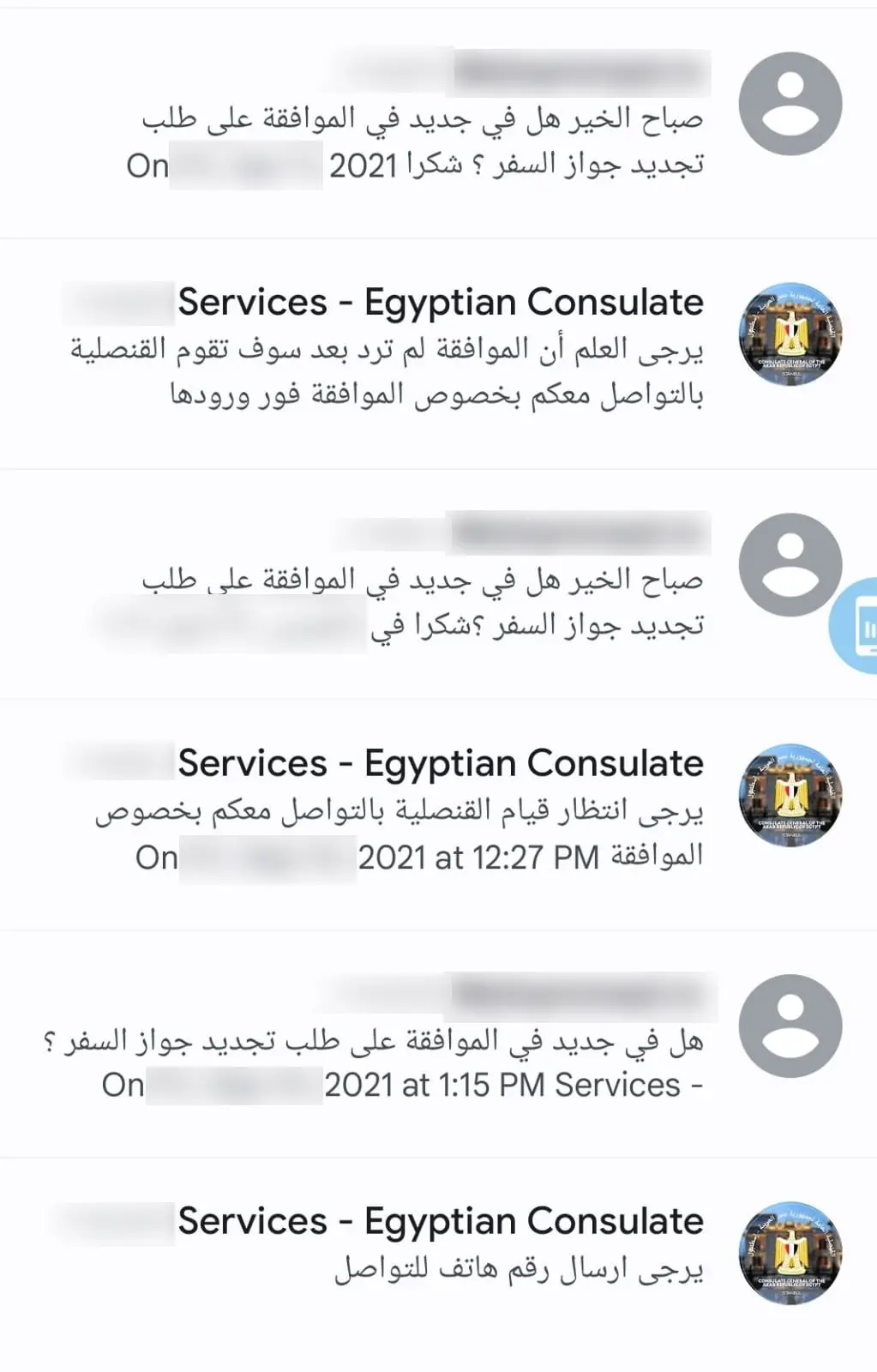
Deprivation of rights
Hanan Abdullah (pseudonym), who agreed to speak to Raseef22 after some hesitation, says, "In 2020, my passport and ID card expired, and I learned that applying for passport renewal is done by first sending a message through the Facebook account of the Egyptian consulate in Istanbul, which I did."
She recounts, "I asked them about the required papers to apply for passport renewal, and after a few hours, the reply came with the required documents accompanied by forms that I had to fill out and send via email. I did so and sent pictures of the expired passport and ID card, as well as a picture of my current residency in Turkey with the form they asked me to fill with detailed information about me in Egypt and Turkey. A day after I sent the email, I received a message from the consulate requesting my detailed address in Turkey, so I sent them another form containing the detailed address, and I received the approval to take in my request form and that they're awaiting security approval from Egypt."
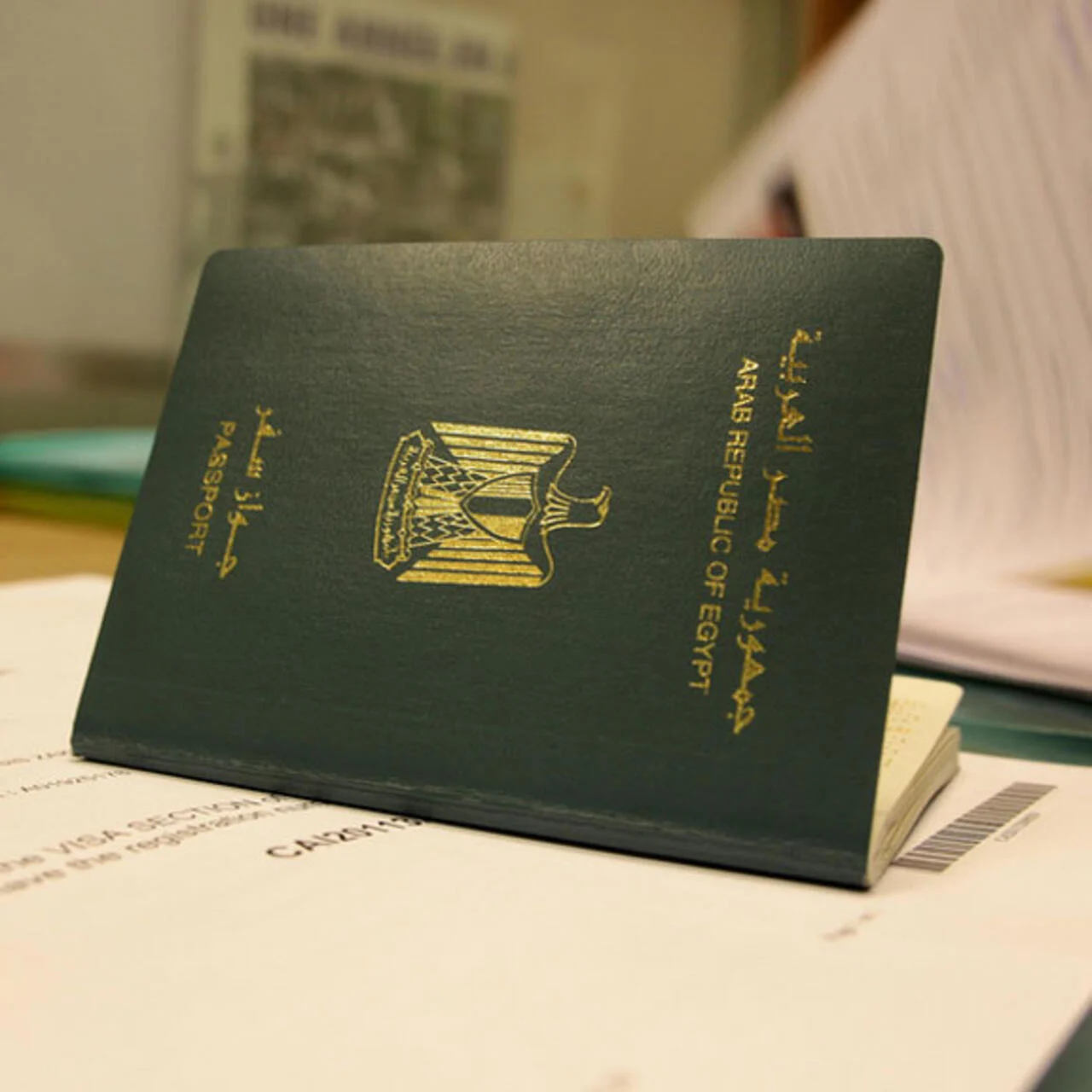
After the consulate's quick response, Hanan grew optimistic, but what happened after that shattered her hopes of renewing her passport, "After many calls with the consulate that ended with the usual phrase: 'The security approval has not arrived yet', in June 2021, four months after my request, I called the consulate again to ask about the fate of my passport renewal request," and the call went like this:
– "Good morning, my name is Hanan. I was wondering if the security approval for my passport renewal request has arrived or not?"
The consulate employee replied:
– "What was your name again?"
Hanan says, "I repeated my name, and after waiting on the line for about two minutes, the employee asked, 'Ms. Hanan, why don't you want to go to Egypt to renew your passport?' I assured him that no one had told me of the need to do so. He replied that the approval had not arrived yet, and it would be better for me to return to Egypt to renew my passport in person. I tried to inquire of the causes and legal reasons for this, but he kept repeating the same phrase, so I realized that there was no hope of renewing my passport from abroad, and it made me worry."
The Ghad al-Thawra Party filed a lawsuit before the Human Rights Council to compel the Egyptian government to renew travel and official documents for Egyptians abroad in accordance with international conventions and law, regardless of political positions
A forbidden right
In our research and documentation of these cases, we interviewed lawyers, jurists and human rights activists to understand the legality of these procedures carried out by the Egyptian authorities and its embassies and consulates abroad, specifically in Istanbul. Egyptian lawyer and human rights activist Mahmoud Gaber tells Raseef22, "There is nothing in Egyptian or international law, even in international treaties, that deprives any citizen inside or outside Egypt of their right to obtain identity documents, which, for them, are like the 'air they breathe', as these official documents are the only thing that proves their nationality and enables them to regulate their status outside their country."
He added that the harassment of Egyptian dissidents abroad is "a form of political blackmail that the state practices against thousands of families abroad without any legal or constitutional justification, and it is a violation of human and international conventions. Article 13 of the Universal Declaration of Human Rights, adopted by the United Nations on December 10, 1948, stipulates that every human being has the right to freedom of movement and residence, as well as the right to leave any country, including his own, and to return to his country." The "International Covenant on Civil and Political Rights", of which Egypt is a party, also states that, "Everyone shall be free to leave any country, including his own." The Standing Committee for Human Rights, which oversees the interpretation of the covenant, stated that the right to leave a country "must include the right to obtain the necessary travel documents". It also criticized bureaucratic and other obstacles to obtaining travel documents, passport renewals, exorbitant fees, the harassment of applicants, and the refusal to issue a passport without legal justification or reason for this refusal.
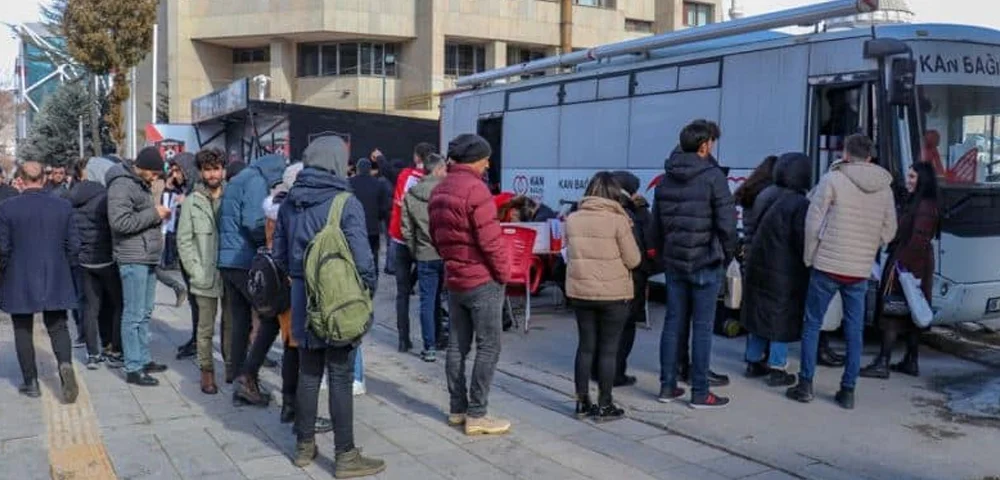
Movements abroad
The supreme committee of the Egyptian Ghad al-Thawra Party – founded by the Egyptian politician Ayman Nour in exile, who is a liberal, but has become associated with the Muslim Brotherhood group that Egypt classifies as "terrorist" – has filed several lawsuits before the United Nations Human Rights Council in Geneva and a number of international bodies, to compel the Egyptian government to renew travel documents for Egyptians abroad and issue official papers for them and their families in accordance with international conventions, the Egyptian constitution and Egyptian law, regardless of their political positions.
The supreme committee of the Egyptian Ghad al-Thawra Party also urged Egyptians abroad, whose travel documents were denied renewal by the authorities, to issue written powers of attorney to the party, the Geneva Council for International Relations, and other international organizations, in order to proceed with collective litigation procedures and class action lawsuits. So far, these actions and movements have not resulted in any changes on the ground.
Raseef22 is a not for profit entity. Our focus is on quality journalism. Every contribution to the NasRaseef membership goes directly towards journalism production. We stand independent, not accepting corporate sponsorships, sponsored content or political funding.
Support our mission to keep Raseef22 available to all readers by clicking here!
Interested in writing with us? Check our pitch process here!
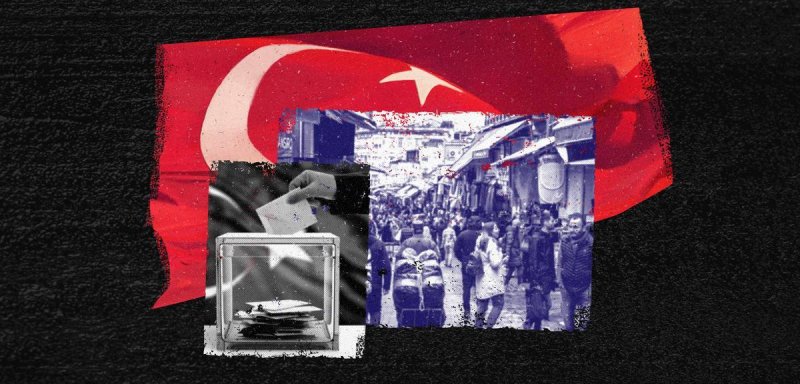
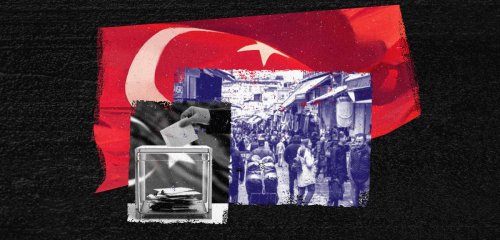


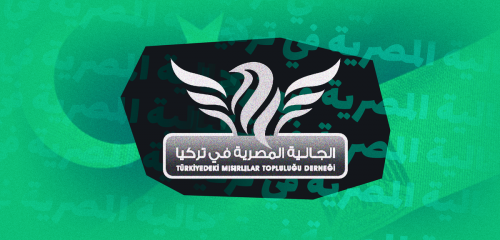





Join the Conversation
ذوالفقار عباس -
18 minutes agoا
Hossam Sami -
1 hour agoصعود "أحزاب اليمين" نتيجة طبيعية جداً لرفض البعض; وعددهم ليس بالقليل أبداً. لفكرة الإندماج بل...
Anonymous user -
1 day agoرائع و عظيم ..
جيسيكا ملو فالنتاين -
5 days agoزاوية الموضوع لطيفة وتستحق التفكير إلا أنك حجبت عن المرأة أدوارا مهمة تلعبها في العائلة والمجتمع...
Bosaina Sharba -
1 week agoحلو الAudio
شكرا لالكن
رومان حداد -
1 week agoالتحليل عميق، رغم بساطته، شفاف كروح وممتلء كعقل، سأشاهد الفيلم ولكن ما أخشاه أن يكون التحليل أعمق...